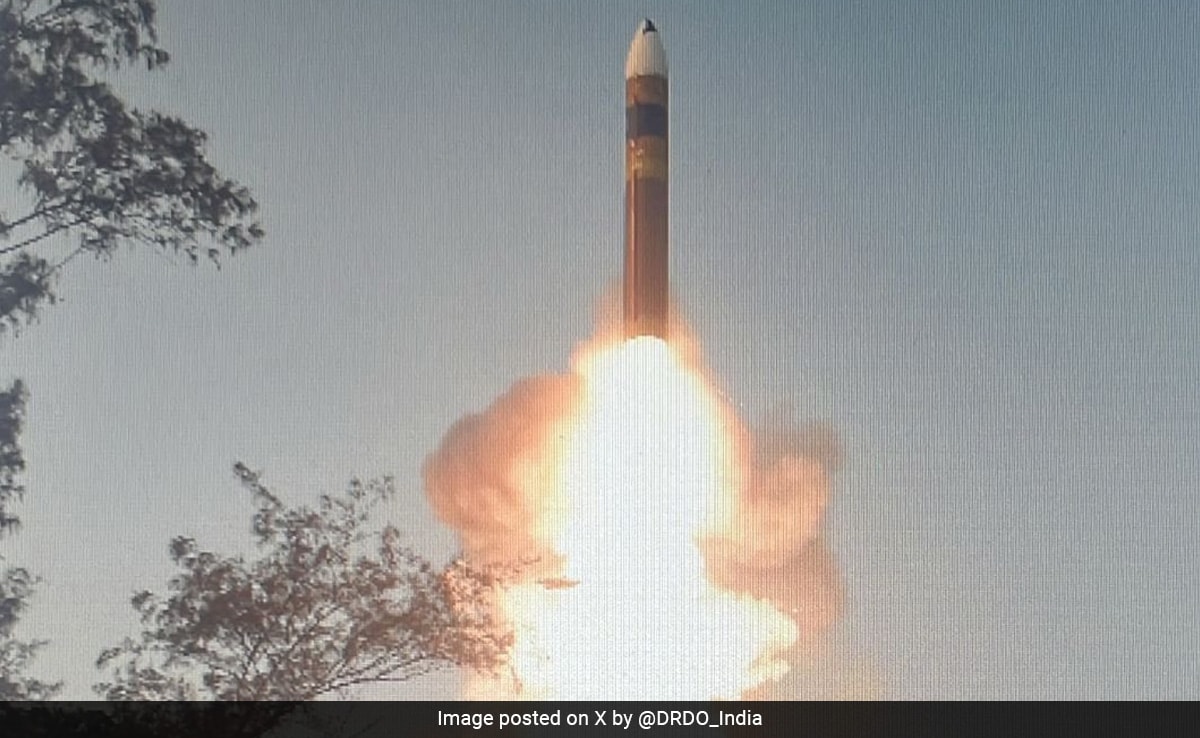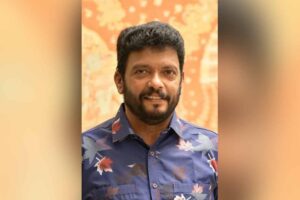
New Delhi:
Agni-5 MIRV, the landmark ballistic weapons system, takes India’s second-strike capability to the next level, giving it “higher potency, better influence and denser zone,” said Dr V K Saraswat, former Director General of DRDO and currently Member Science and Technology, NITI Aayog, who was deeply involved with its development. The missile, developed over 10 years by the Defence Research and Development Organisation, took its first flight today, placing India in a select group of nations, altering its geopolitic and strategic position and acting as a gamechanger in southeast Asia.
Asked what this weapon would mean for India’s nuclear and missile programme, Dr Saraswat told NDTV that as a “force multiplier” it would increase the weapon’s “radius of influence”.
The new weapon system is based on Multiple Independently Targetable Re-entry Vehicle (MIRV) technology, which means a single missile can deploy multiple nuclear warheads and hit targets at different locations simultaneously.
“It will create a much better annihilation even with one missile. The number of missiles that will be required to be launched in future against an enemy attack would be fewer. This is called Force Multiplier,” Dr Saraswat said.
This, he added, is “a major technology in terms of missile technology, control, guidance, precision”.
The Agni-5 MIRV uses smaller size warheads to generate a greater effect. Dr Saraswat called it an “evolutionary process” of the nuclear technology in which in which India is “nowhere behind”.
The successful test of Agni-5 MIRV was applauded this evening by Prime Minister Narendra Modi, who said he was ‘Proud of our DRDO scientists for Mission Divyastra”.
“Proud of our DRDO scientists for Mission Divyastra, the first flight test of indigenously developed Agni-5 missile with Multiple Independently Targetable Re-entry Vehicle (MIRV) technology,’ PM Modi posted on X, formerly Twitter.
President of India Droupadi Murmu said it was an ‘important milestone in India’s march towards greater geo-strategic role and capabilities”.
The technology is currently possessed by a handful of nations including the US, UK, Russia, France and China.




